Environment & Changing Climate 2025 Conference Proceedings
As global environmental challenges intensify, the urgency to align strategic climate governance with context-specific adaptation becomes increasingly evident. The Environment & Cha…
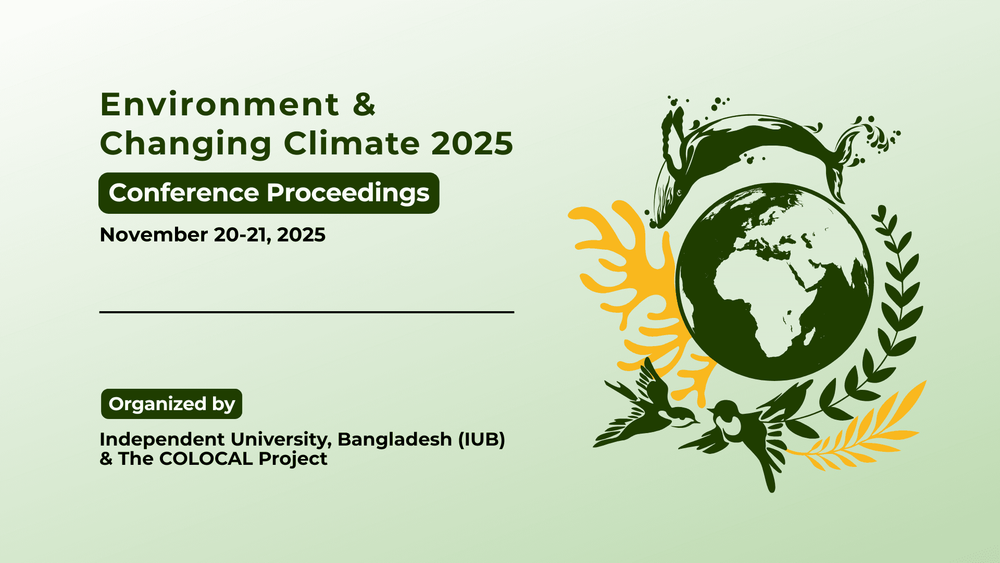
As global environmental challenges intensify, the urgency to align strategic climate governance with context-specific adaptation becomes inc…
Slide 1 of 9: Environment & Changing Climate 2025 Conference Proceedings
COLOCAL
For universities to effectively deliver education and research for climate change adaptation, they must be responsive to the perceptions, knowledges, needs and priorities of local communities. This requires working with the most vulnerable communities to foster collaborative learning. The capacity to offer and engage in relevant education and research is, however, currently lacking.
The aim of this project is therefore to build capacity of universities in the Global South for education and research around knowledge for locally-led adaptation. This is achieved through initiatives to:
The project is designed to contribute to the goals of the Least Developed Countries Universities Consortium on Climate Change (LUCCC), including south-south collaboration working with the most vulnerable to foster collaborative learning and capacity-building.
This project is funded by NORAD (the Norwegian Agency for Development Cooperation), under the NORHED-II programme.

Independent University, Bangladesh
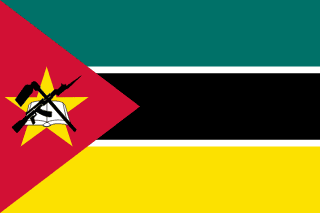
Eduardo Mondlane University

Pokhara University

Makerere University

Norwegian University of Life Sciences
As global environmental challenges intensify, the urgency to align strategic climate governance with context-specific adaptation becomes increasingly evident. The Environment & Cha…
The study focuses on how community-based adaptation (CBA) measures in southern Bangladesh enhance community resilience by considering gender in climate adaptation strategies. It …
Bangladesh is likely to be one of the most vulnerable countries in the world to climate change due to geographical location and geomorphological conditions. Bangladesh experiences…

Bangladesh hosted the July session of the COLOCAL Seminar Series after Mozambique led the first event in June. The monthly seminar was started at the COLOCAL an…
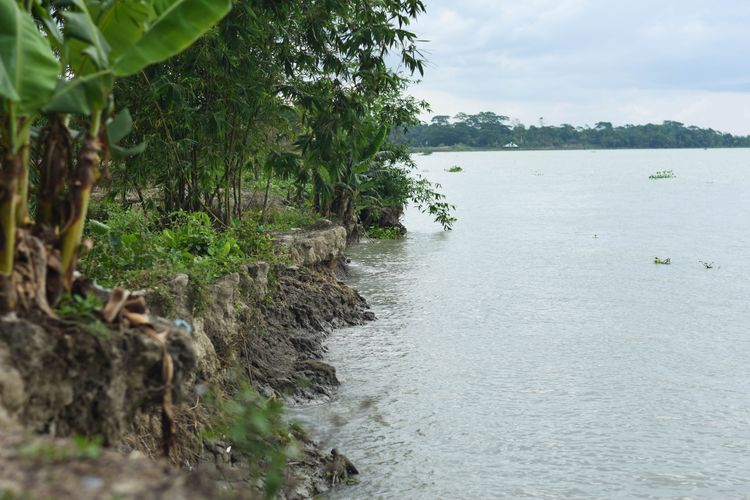
The port city of Mongla in Bangladesh has become an impressive example of a city adapting to internal migrants. In the last decade, Mongla has grown from a humb…
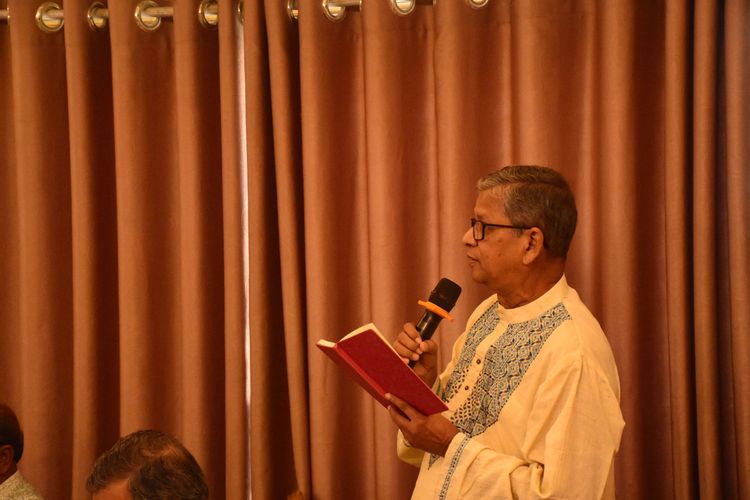
On November 7, 2024, the Department of Environmental Science and Management, IUB and the International Center for Climate Change and Development (ICCCAD) arrang…
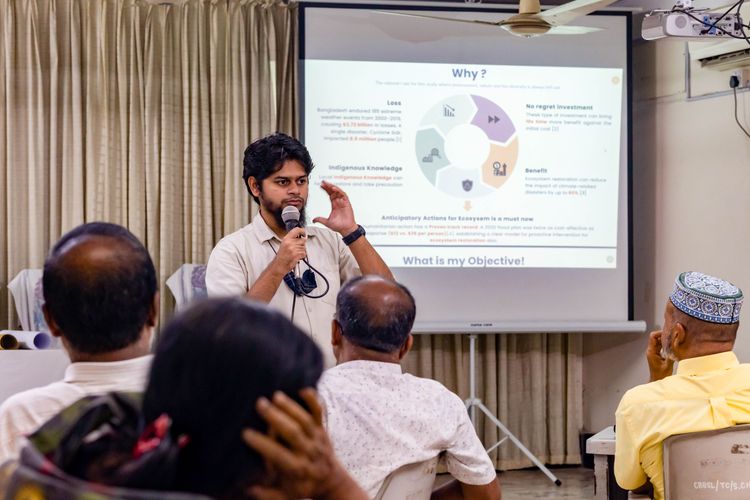
On 27 July 2025, the COLOCAL project under the Department of Environmental Science and Management organised a Policy Dialogue session at the CARITAS Regional Of…